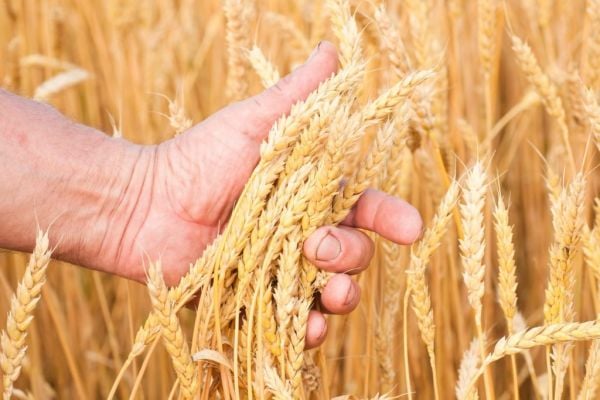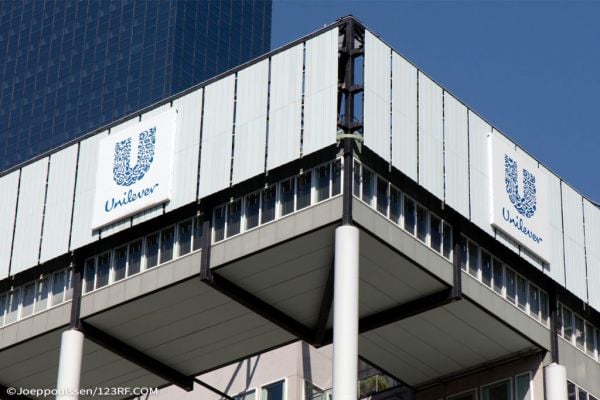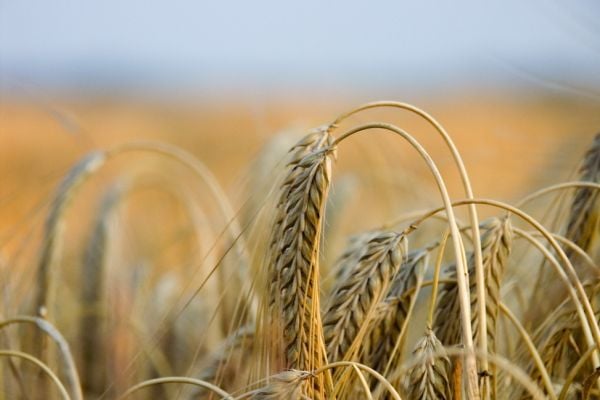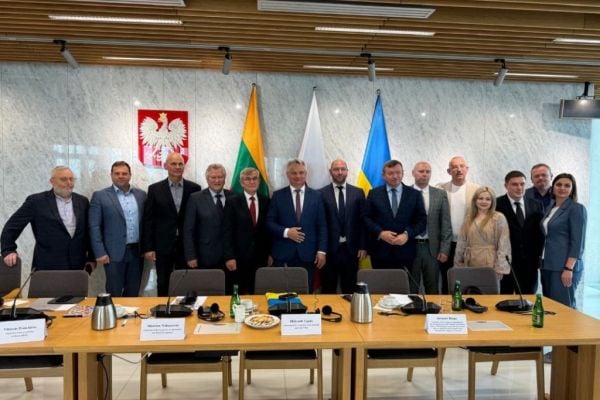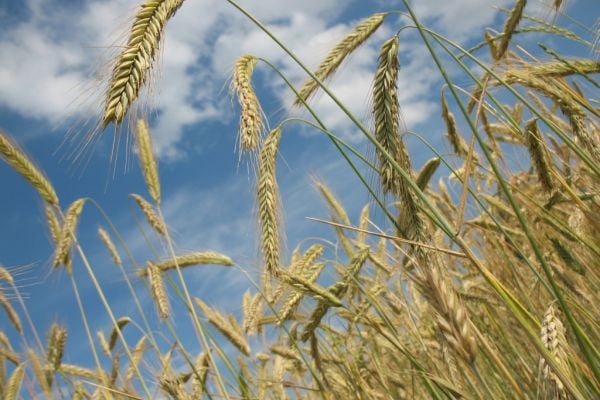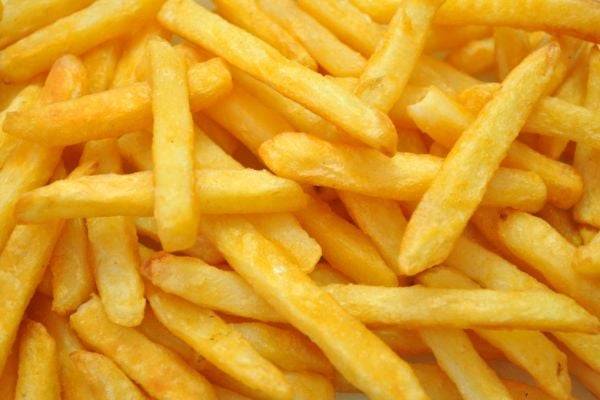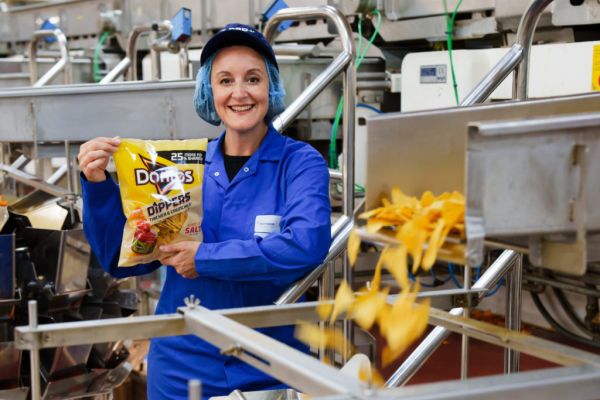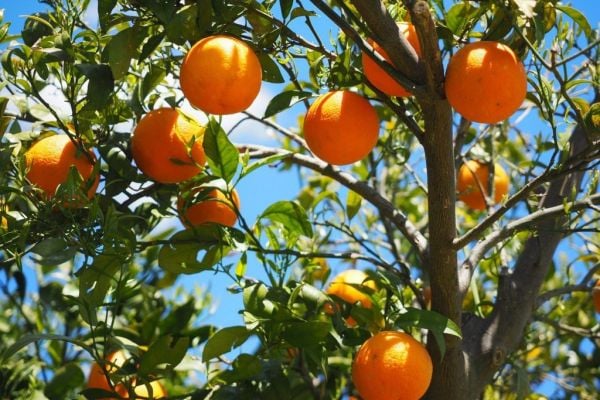A deal aimed at easing global food shortages by facilitating Ukraine's agricultural exports from its southern Black Sea ports was extended for 120 days on Thursday, though Moscow said its own demands were yet to be fully addressed.
The agreement, initially reached in July, created a protected sea transit corridor and was designed to alleviate global food shortages by allowing exports to resume from three ports in Ukraine, a major producer of grains and oilseeds.
"I welcome the agreement by all parties to continue the Black Sea grain initiative to facilitate the safe navigation of export of grain, foodstuffs and fertilisers from Ukraine," UN Secretary General Antonio Guterres said in a statement.
Guterres said the UN was also "fully committed to removing the remaining obstacles to exporting food and fertilisers from the Russian Federation" - a part of the deal Moscow sees as critical.
Russia's foreign ministry confirmed the extension of the Black Sea grain deal for 120 days starting from 18 November, without any changes to the current one.
Fertiliser Exports
The export of Russian ammonia via a pipeline to the Black Sea has not yet been agreed as part of the renewal, two sources familiar with discussions told Reuters. But Russia would continue efforts to resume those exports, one of the sources added. Ammonia is an important ingredient in fertiliser.
Ukrainian President Volodymyr Zelenskiy said in September he would only back the idea of reopening Russian ammonia exports through Ukraine if Moscow handed back prisoners of war, an idea the Kremlin quickly rejected.
"The renewal of the Black Sea grain initiative is good news for global food security and for the developing world," Rebeca Grynspan, secretary-general of the UN Conference on Trade and Development said on Twitter, calling it a "beacon of hope".
"Solving the fertiliser crunch must come next," she added.
The 120-day extension was less than the one-year sought by both the United Nations and Ukraine. Russia said earlier this week that the current duration period of the deal seems "justified.".
Global Food Price Crisis
A drop in shipments from Ukraine following Russia's invasion in February has played a role in this year's global food price crisis but there have also been other important drivers including the COVID-19 pandemic and continued climate shocks such as droughts in both Argentina and the United States.
Since July, some 11.1 million tonnes of agricultural products have been shipped under the grain deal, including 4.5 million tonnes of corn and 3.2 million tonnes of wheat.
Wheat prices in Chicago fell following the news that the agreement would be extended. The benchmark contract Wv1 was down 2% and corn Cv1 was down 1.3%.
"This is bearish for the market because it removes remaining doubts and we have something clear for the coming four months," one French trader said.
"However, the fact that it is only for four months instead of the one year Ukraine had been asking for means that uncertainty will resume in four months, with people wondering whether Russia will sign an extension or not."
Global Grain Exporters
Both Ukraine and Russia are major global grain exporters. Russia is the world's largest wheat exporter and a major supplier of fertilisers to global markets.
Since July, Moscow has repeatedly said that its shipments of grain and fertilisers, though not directly targeted by Western sanctions, are constrained because the sanctions make it harder for exporters to process payments or to obtain vessels and insurance.
Moscow presumed that the Russian concerns related to easier conditions for its exports would be fully taken into account in coming months, its foreign ministry said.
"We took note of the UN Secretariat's intensified efforts to implement its commitments in this regard and the information provided to us on its interim results on the removal of obstacles to the supply of Russian fertilisers and foodstuffs," the ministry said.
"All these issues should be resolved within the 120 days for which the 'package deal' is extended."
News by Reuters, edited by ESM. For more supply chain news, click here. Click subscribe to sign up to ESM: European Supermarket Magazine.
